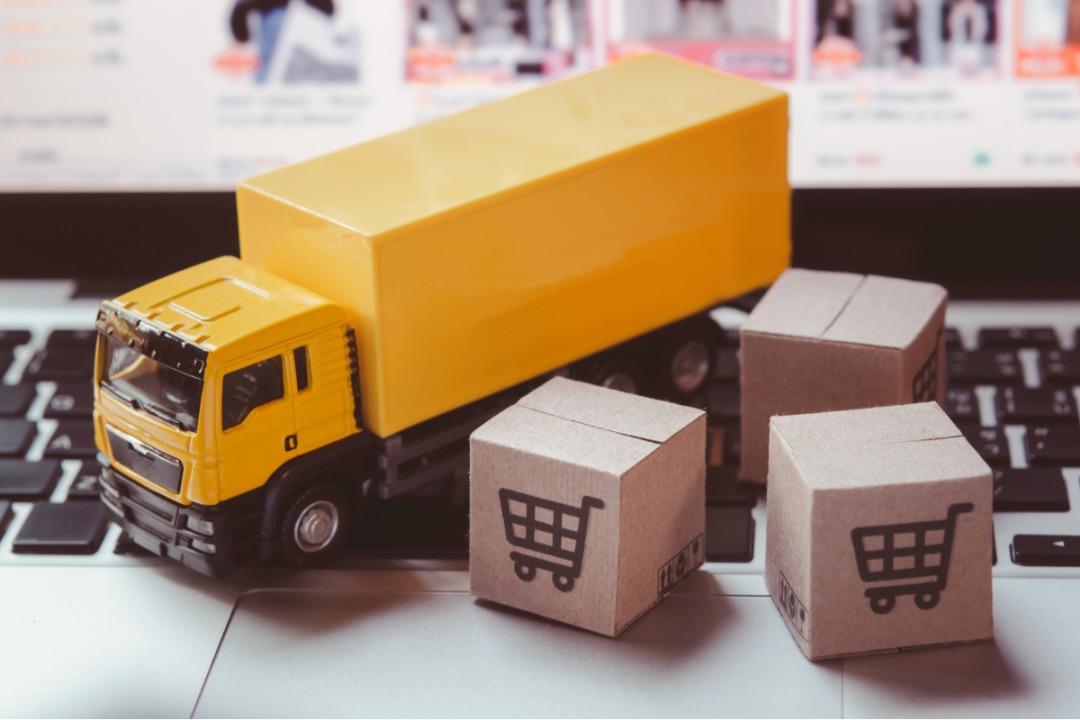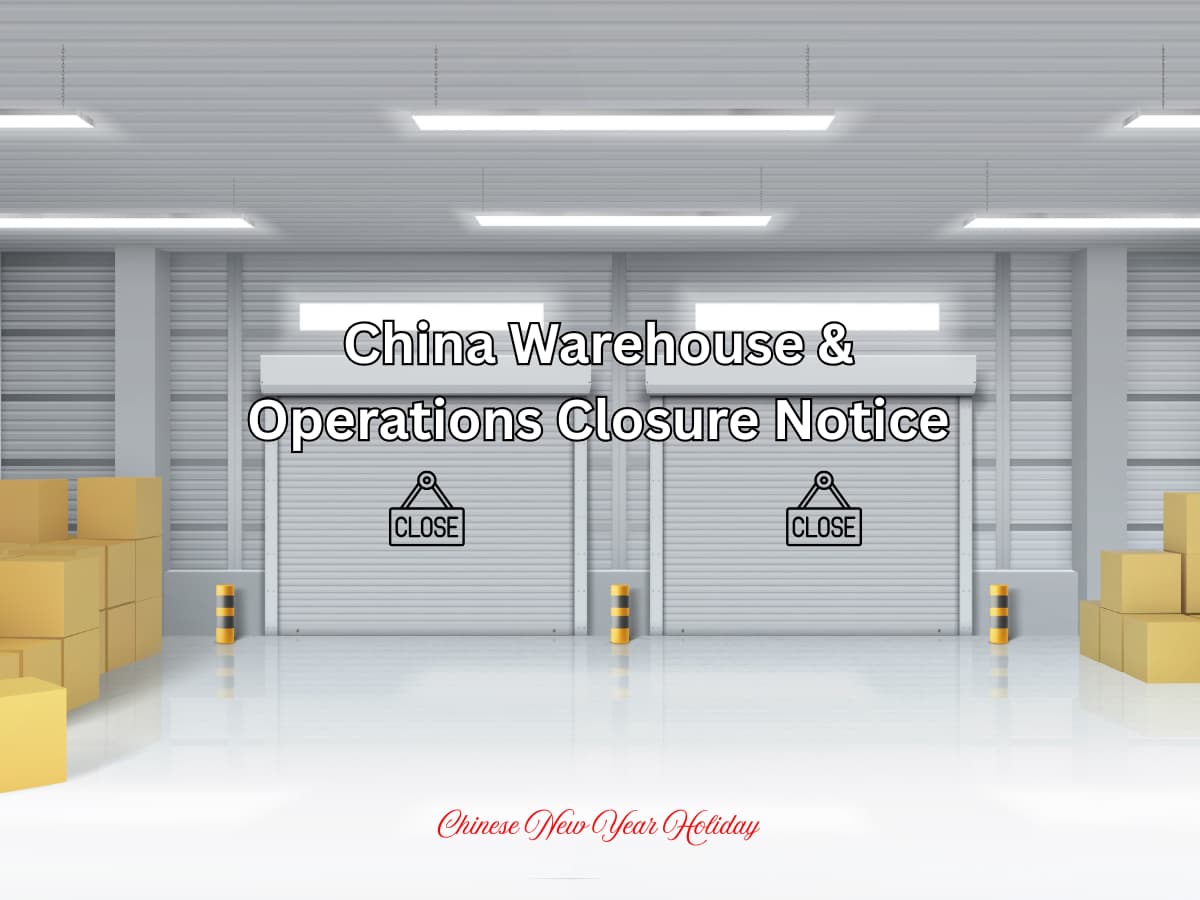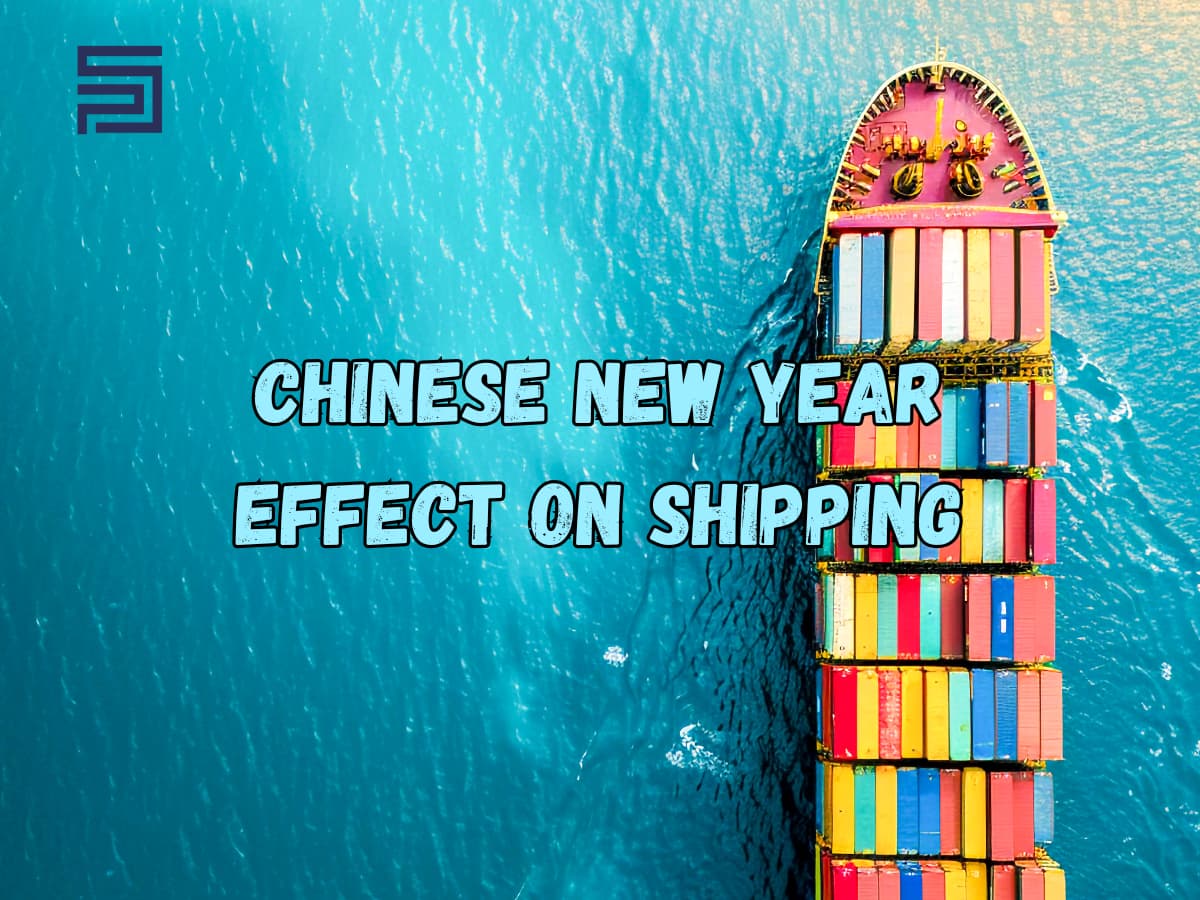It is a fact that the maritime sector of the supply chain industry is a vast and complex industry, constantly affected by global trends and advancements in technology. It would not be wrong to call it the life wire of international trade as it has been responsible for transporting 80% of the world's goods since the 19th century with the invention of the steamship. Therefore, the supply chain market's sea shipping industry has embraced a transformative period in response to emerging threats and opportunities.
In this blog, we will examine future trends that illustrate the changes happening in the sea shipping industry and the new opportunities these created for marine manufacturing businesses.
Greener Shipping
Thanks to global warming, there has been constant pressure and calls for the reduction of the carbon footprint of the world's shipping fleets, and this trend is expected to increase in the future. As a result of these calls for green transportation, more people, organisations, and businesses are tilting towards acting responsibly towards the environment for more significant decarbonisation. Experts are inventing and exploring technologies and shipping techniques, such as low-carbon fuels, more streamlined hulls, and efficient propeller designs, to reduce friction.
Artificial Intelligence
There are always vast amounts of data obtained through sensors and asset tracking in marine shipping, and with the help of AI, these data are collated and processed at a very high speed and accuracy. The maritime sector utilises artificial intelligence for various operations and applications such as predictive maintenance, autonomous navigation, route optimisation, and forecasting future events and trends. Additionally, AI in underwater robots and vehicles facilitates search and rescue operations and assists in underwater repairs.
Liquified Natural Gas (LNG) as Fuel
There is growing interest in the potential of LNG as fuel for commercial shipping. The advocates of LNG believe it can help operators meet their targets for reduced emissions while also being competitive on price. LNG produces 40% less carbon dioxide (CO2) than coal and 30% less than oil, which makes it the cleanest of the fossil fuels. It does not emit soot, dust, or particulates and produces insignificant amounts of sulfur dioxide, mercury, and other compounds considered harmful to the earth's atmosphere. Clear, odourless,
and colourless, LNG is typically 85-95% methane, which contains less carbon than other fossil fuels. It also contains tiny amounts of ethane, propane, butane, and nitrogen; the exact composition varies depending on its source and processing.
Clean Energy
In the past, marine heavy fuel oil (HFO), a petroleum-based product, was the most common propulsion fuel in ships, accounting for a
significant amount of emissions from maritime operations and posing a great danger to the atmosphere. Aside from liquified natural gas, experts are continuously working on transitioning to low-carbon, renewable energy for maritime decarbonisation and a cleaner and safer energy source for vessels. The industry is considering options such as electric propulsion technologies, biofuels, wind energy, and hydrogen fuel. Many startups now offer retrofittable devices to electrify boats.
Bigger Megaships
The need for bigger vessels with greater cargo capacity will lead to improvements in ship technology, structure, and materials, and this has brought about the construction of even bigger mega ships within the container shipping industry. In 2023 alone, over ten mega-ships have been built, with MSC Irina, MSC Loreto, and MSC Michel Cappellini topping the list. MSC Switzerland operates all three giant ships and they can carry up to 24,346 TEU containers. Manufacturers seeking lower transport costs can take advantage of the low rates these vessels provide.
Maritime Robotics
As years go by, the number of maritime workers reduces, and while this is not unrelated to their safety and wages, it has led to delays, higher freight rates, and damages. To tackle these issues, industry experts advocate for maritime roboticssolutions with artificial intelligence and advanced hardware. Robots now assist with pick-and-carry, logistics operations, marine maintenance, cleaning, rescue, and inspection. With the use of robots, there has been a reduction in the exposure of workers to life-threatening conditions during maintenance and inspections.
Maritime Internet of Things (IoT)
IoT has been integrated into maritime operations and used for tracking and monitoring a ship's location, thereby minimising collision risks and facilitating ship navigation to mitigate unpleasant weather conditions. IoT integration also simplifies location data acquisition and enables the tracking of other parameters, such as emissions, machine conditions, and propulsion data.
Blockchain Shipping
Blockchain shipping improves the industry's efficiency innumerous ways, from reducing manual workloads and enhancing access to schedules to making payments faster and more secure. Manual data logging systems are slow and vulnerable to mistakes, errors, and forgery, interfering with productivity. Blockchain solves these issues by ensuring transparency through foolproof data storage.
Cybersecurity
In as much as digitalisation of the maritime sector has added value to the sector, there are still disadvantages within the system, and at
the top of that list are cyber threats. Hackers attack networks and connected devices to access sensitive information and control systems. Such stolen data is sold illegally to further hack into other accounts or clients, damaging the company's reputation. To this end, cybersecurity solutions for marine operation with increasing interest in IoT and data analytics has been created to ensure the stability of ship operations and navigation systems.
With these emerging trends, the sea shipping industry's future is exciting. Integrating these emerging technologies in the otherwise
disconnected and remote maritime sector has created massive opportunities for companies and businesses. Identifying and leveraging these opportunities and emerging technologies will go a long way in giving you a competitive advantage. Partner with SARA PROCUREMENT SERVICES LIMITED to maximise these trends today!
Visit our physical office space at 3 Fatai Irawo Street, Ajao Estate, Airport Road, Lagos, Nigeria, or any of our warehouse touch point locations worldwide to learn more about us and utilize our services.
Our 247-email correspondence is hello@chinatolagos.com. We are equally social, and you can find us @SaraProcure on your favorite channels: Twitter, Threads, Facebook, and Instagram.
.png)





Comments
Please log in to leave a comment.